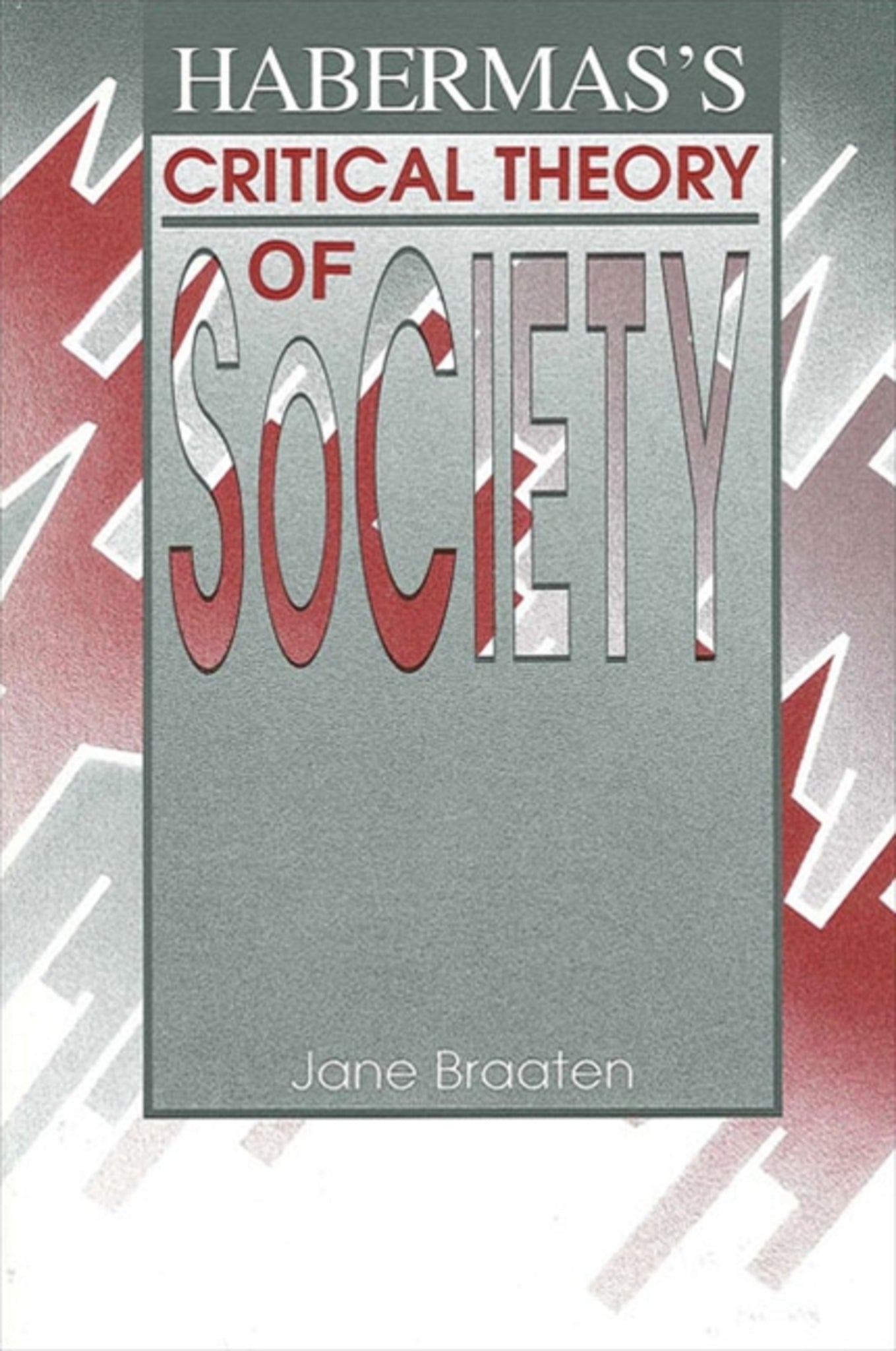We're sorry. An error has occurred
Please cancel or retry.
Habermas's Critical Theory of Society

Some error occured while loading the Quick View. Please close the Quick View and try reloading the page.
Couldn't load pickup availability
- Format:
-
19 September 1991

This book provides an understanding of the content and aims of Habermas's critical theory of society - the theory that analyzes the causes of our cultural lack of direction, polical apathy, and the increasing complexity of modern society. The author offers a foothold on the current debates regarding the credibility and cogency of the theory.
Braaten presents Habermas's defense of his critique of reason in his most recent work concerning the confrontation between postmodernists and neoconservatives, and modernists and liberal theorists. She also explores the possibility of applying Habermas's critical resources in the United States in ways that he himself may not have considered.


"The book presents some very complex topics and views in an uncluttered manner. This is not easy to do, and the author has done it well." — Kenneth Baynes, State University of New York at Stony Brook
List of Abbreviations
Introduction
1. An Outline of Habermas's Critical Theory
2. A Consensus Theory of Truth and Knowledge
The Meaning of 'Truth"
A Problem
3. A Consensus Theory of Normative Validity
Discursive Will Formation and Need Interpretation
Generalizable Interests and the Principle of Univeralization
Justifying the Principle of Universalization
4. The Theory of Communicative Competence
Aesthetic-Expressive Rationality
Communicative Action and Communicative Rationality
Formal Pragmatics: An Overview
Does Communicative Competence Entail an Interest in Reaching Understanding
Communicative Rationality Again
5. The Critique of Societal Rationalization
The Lifeworld and the Method of Understanding
The System and Functional Explanation
The Critique of Modern Society
Methodological Issues
6. Two Challenges: Positivism and Postmodernism
Habermas and the Legacy of Positivism
The Defense of Modernism
7. Critical Applications of the Theory
The End of Public Debate: The Mass Media
The Politics of Need Interpretation and the Welfare System
Social Psychology as Social Ignorance: A Critical Approach to Social Psychology
Concluding Remarks
Notes
Bibliography
Index



